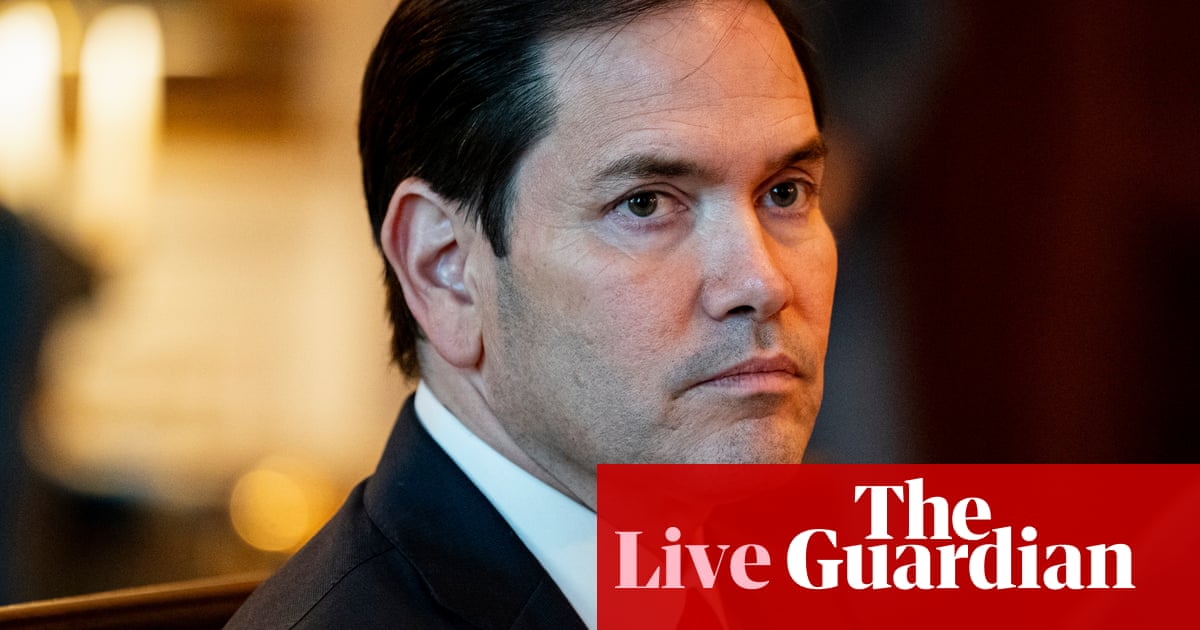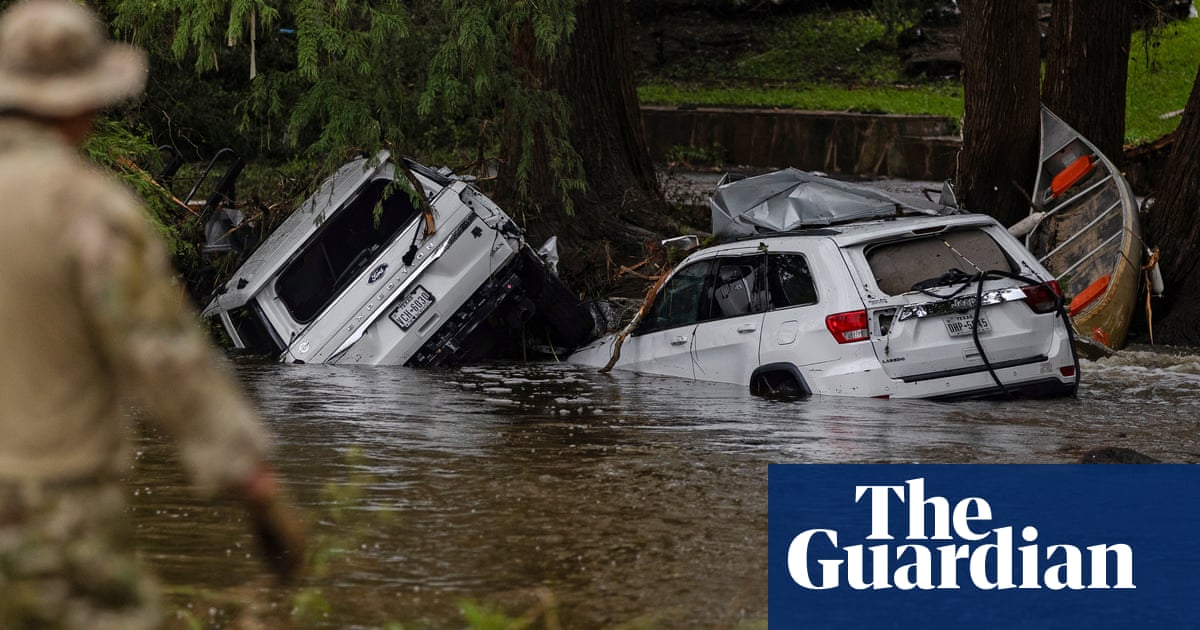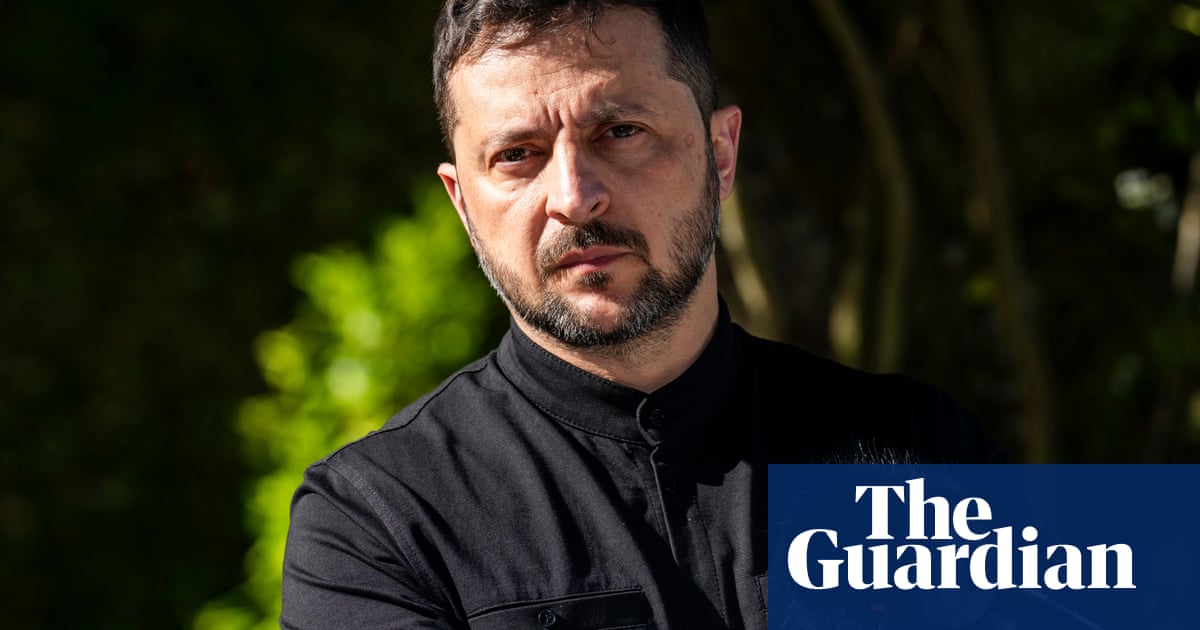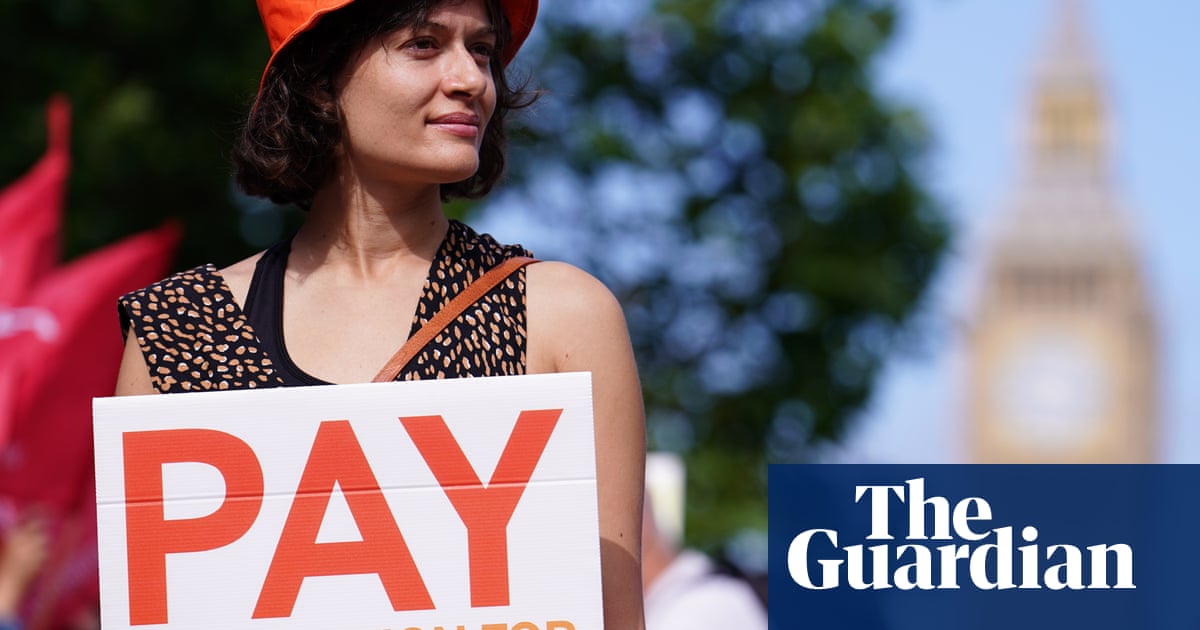Over the past 600 days, the world has watched Benjamin Netanyahu lead a campaign of devastation in Gaza, the escalation of regional conflict, and a reckless abandonment of international law at large.
Governments such as mine cannot afford to remain passive. In September 2024, when we voted for the United Nations general assembly resolution on Israel’s policies and practices in the Occupied Palestinian Territory, we assumed concrete obligations – investigations, prosecutions, sanctions, asset freezes, and cessation of imports and arms. That resolution set a deadline of 12 months for Israel to “bring to an end without delay its unlawful presence”. One hundred and twenty-four states voted in favour, including Colombia. The clock is now ticking.
In the meantime, however, far too many states have allowed strategic calculations to override our duty. While we may face threats of retribution when we stand up for international law – as South Africa discovered when the United States retaliated against its case at the international court of justice – the consequences of abdicating our responsibilities will be dire. If we fail to act now, we not only betray the Palestinian people, we become complicit in the atrocities committed by Netanyahu’s government.
Some governments have already stepped up. My government suspended coal exports to Israel, for example, recognising that economic ties cannot be divorced from moral responsibilities. South Africa, meanwhile, has taken Israel to the world’s highest court. And Malaysia has banned all Israeli-flagged cargo ships from docking at its ports. Without such decisive action, we risk turning the multilateral system into a talking shop, stripping the legal order of its remaining protections for small, developing and less privileged nations – from west Asia to right here in Latin America.
The next test for the international community is right around the corner. On 15 July, my government, alongside South Africa – the co-chairs of The Hague Group – will convene an emergency conference on Gaza, calling on ministers from states across the world to deliberate a multilateral defence of international law. Our goal is simple: to introduce concrete legal, diplomatic and economic measures that can halt Israel’s destruction – and uphold the foundational principle that no state is above the law.
The invitation is open and urgent. The indefinite postponement of the UN’s proposed International Conference for the Peaceful Settlement of the Palestinian Question, co-chaired by France and Saudi Arabia, has left a critical void in multilateral leadership, precisely when it is needed most.
The UN has declared Gaza the “hungriest place on Earth”, and its mission to send aid into Gaza as the “one of the most obstructed … in recent history”. In this dire humanitarian context, Bogotá’s emergency conference convenes states to move from condemnation to collective action. By cutting our ties of complicity – across our states’ courts, ports and factories – we can challenge Donald Trump and Netanyahu’s vision of a world where “might is right”.
The choice before us is stark and unforgiving. We can either stand firm in defence of the legal principles that seek to prevent war and conflict, or watch helplessly as the international system collapses under the weight of unchecked power politics. Let us be protagonists together – not supplicants apart.
For the billions of people in the global south who rely on international law for protection, the stakes could not be higher. The Palestinian people deserve justice. The moment demands courage. History will judge us harshly if we fail to answer its call.
-
Gustavo Petro is the president of Colombia

 6 hours ago
2
6 hours ago
2

















































